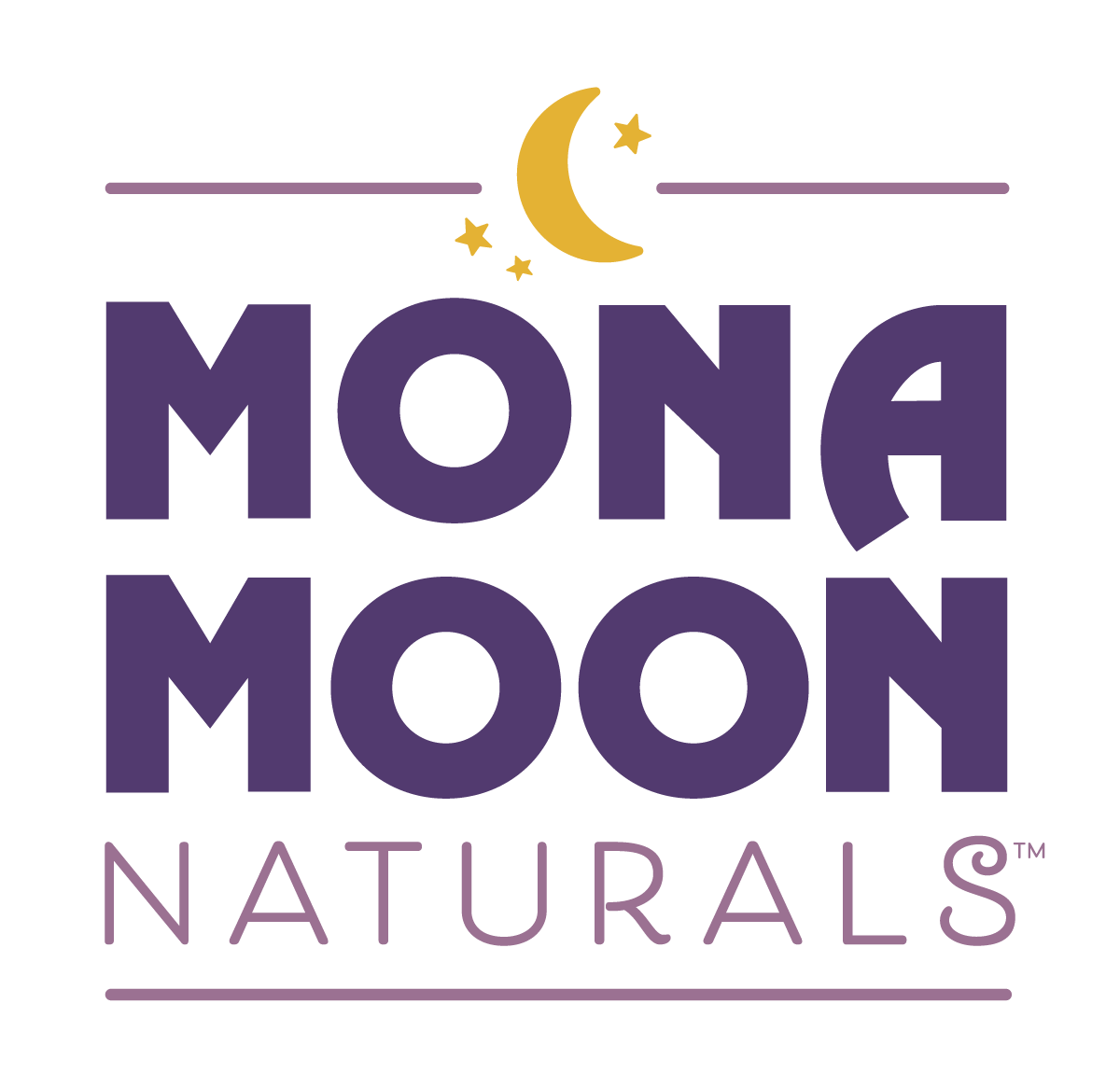Understanding Eczema and How Shea Butter Can Help
Eczema is a common condition that causes dry, flaky, itchy patches of skin, affecting 31.6 million people in the U.S. One in ten people will have it at some point in their life. Most people affected by eczema will get the disease before they’re 6 and will outgrow it by adolescence or adulthood. Those with more severe forms of eczema may have long-term symptoms. For some, it won’t appear until adulthood. Although eczema is not contagious, skin inflammation and in severe cases, swelling, is deeply uncomfortable. While eczema cannot be completely cured, effective management can help control symptoms and improve the quality of life for those affected.
Photo by RDNE Stock project: https://www.pexels.com/photo/person-s-hands-with-manicured-nails-6724483/
Understanding Symptoms and Causes of Eczema
The first signs of eczema are typically itchiness, dry skin, and a rash. There are other indicators as well:
Bumps on your skin, swelling (in severe cases), flaky/rough textured skin, thick/leathery patches.
If you have a darker skin tone, your skin rash can be purple, brown, or gray. The rash may appear pink, red, or purple if you have a lighter skin tone.
No single cause of eczema exists, but specialists believe it is the result of environmental and genetic factors.
Genetic factors include your immune system. If you have eczema, your immune system overreacts to small triggers/allergens in the environment, assumes they’re large foreign invaders, and activates your body’s natural defense system, creating inflammation. Inflammation causes eczema symptoms. Your genes can cause eczema. If your family has a history of dermatitis, allergies, or hay fever, you’re more likely to have eczema.
Environmental factors that can irritate your skin include smoke, air pollutants, harsh soaps, certain fabrics (like wool), dry air, and sweating can increase itchiness.
Image from Center for Dermatology & Plastic Surgery in Phoenix, AZ. Eczema on elbows.
Finding Eczema Relief in Shea Butter
There is no cure for eczema, but the sooner you can figure out your triggers and avoid them, the better. Unfortunately, there will still be flare-ups due to genetic triggers and other causes, so it’s important to find relief that works for you. This can be a trial-and-error process. Natural moisturizers that are free of preservatives, hypoallergenic, free of dyes and fragrances, and gentle on the skin are recommended.
Shea butter is recommended for eczema for two big reasons:
It contains high levels of fatty acids and vitamins, particularly vitamin E, which help nourish and hydrate the skin. The intense moisturization provided by shea butter can help alleviate eczema symptoms, promoting smoother and more supple skin.
It has anti-inflammatory compounds, including cinnamic acid and lupeol cinnamate, which can help reduce inflammation and soothe irritated skin.
*Many find relief from eczema symptoms by using shea butter, but individual responses can vary. It's advisable to perform a patch test before widespread use
*For a list of other benefits of shea butter, check out a previous Moonlight blog, The Rise of Shea Butter.
Many Mona Moon products feature organic shea butter, including Body Whip
How Do I Know If I Have Eczema?
Eczema can appear anywhere on your skin: hands, neck, elbows, knees, ankles, feet, face (especially the cheeks), ears, and although less common, it may also appear on the nipples, breasts, and near the genital areas. If you notice patches of itchy, flaky skin, consult your doctor. Your provider might offer tests to rule out other conditions. Tests may include allergy tests, blood tests, and skin biopsies. Your provider might also ask a series of questions related to your use of current products, noticeable triggers, family history, other symptoms, etc. It’s likely your provider may recommend you see a dermatologist.
Mona Moon Naturals focuses on small-batch products made with natural, recognizable ingredients.



